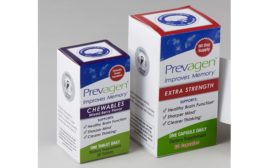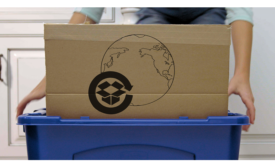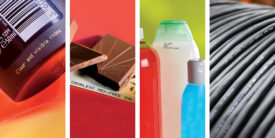White Papers
Industry resources to better understand an issue and solve a problem.
ARTICLES
ADVERTISEMENT
Corrugated Packaging: An Extraordinary Recycling Success Story
April 19, 2021
ADVERTISEMENT
Top 5 Tips for Great Product Coding
Avoid common coding pitfalls that will cost you money today and tomorrow
November 20, 2020
ADVERTISEMENT
The Promise of Connected Packaging: From brand protection to consumer engagement
An unfolding revolution in digital packaging creates a trifecta of opportunity for brand owners
September 14, 2020






